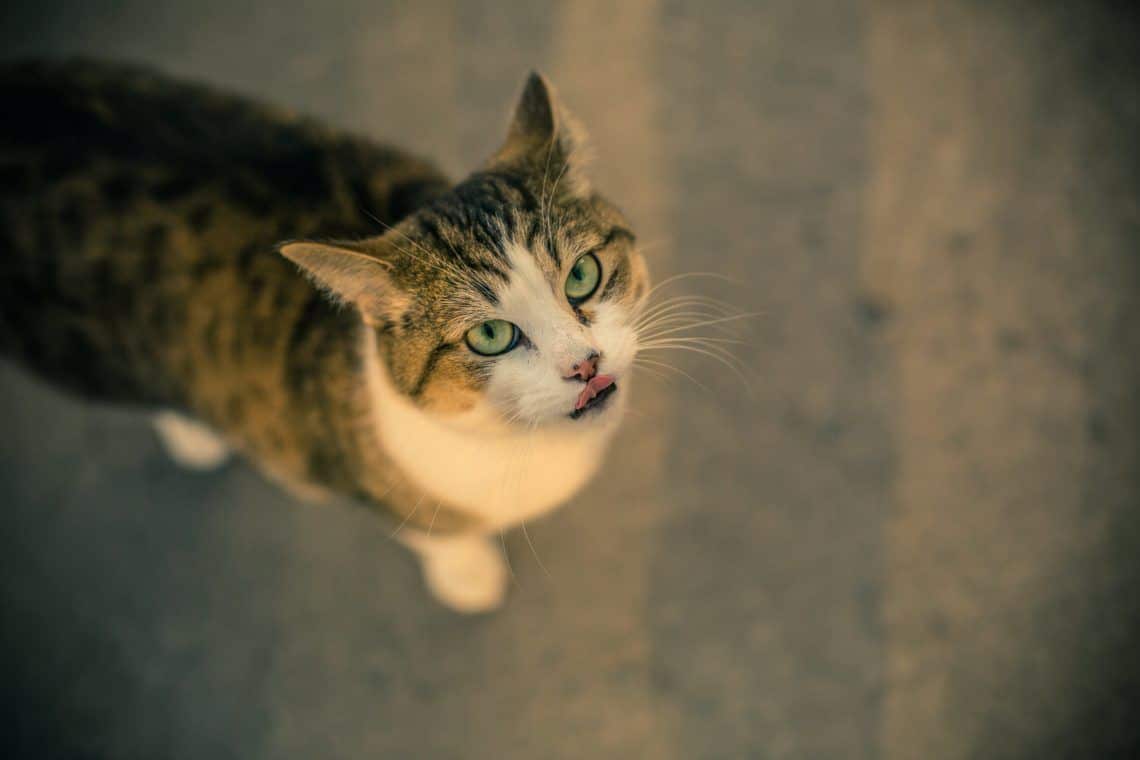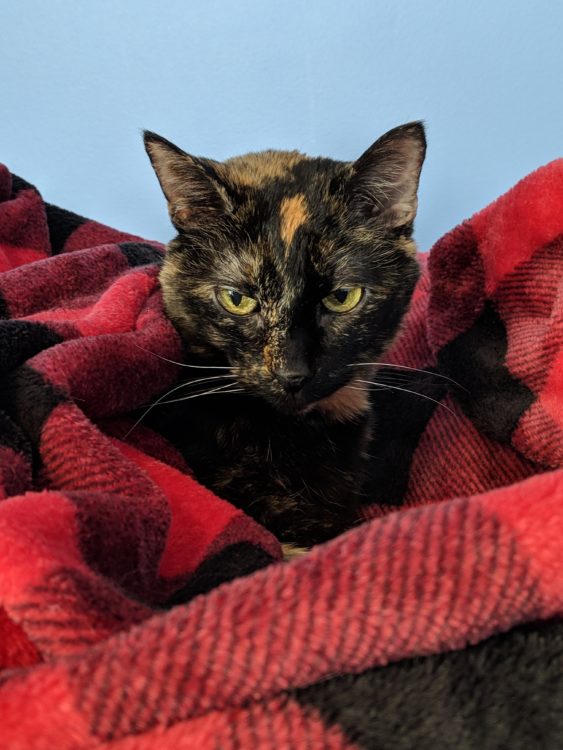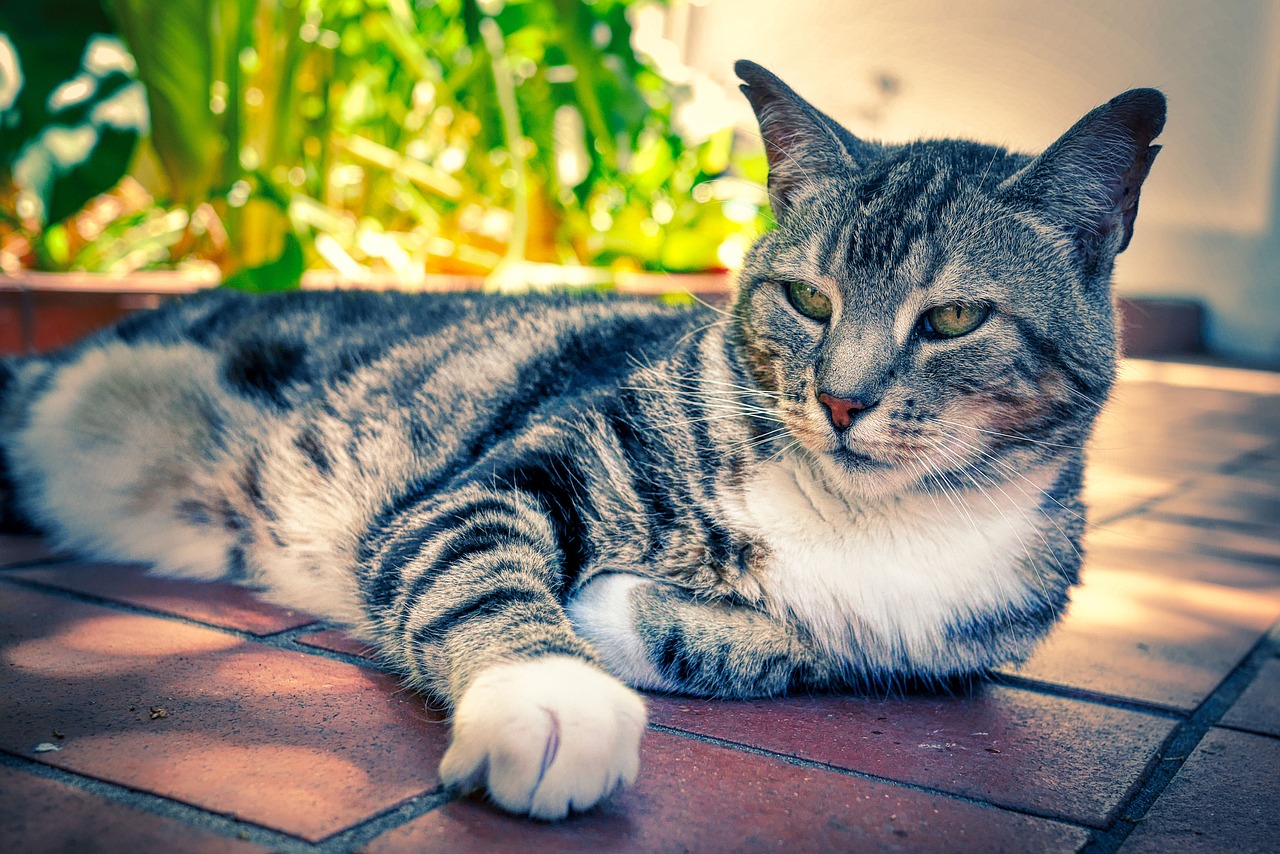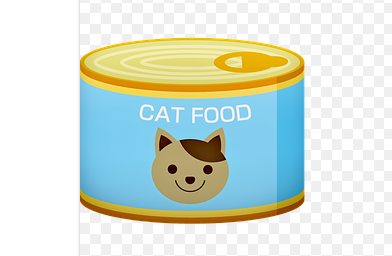Guest post. The views and opinions expressed in this article are those of the guest author and do not necessarily represent the views of Val Heart & Heart Communications Enterprises Inc.
Unfortunately for senior cats, they tend to develop more health problems as they age. Just like humans do. It’s helpful to understand what some of the bigger issues are that crop up, so that we at least understand them and perhaps can look out for likely symptoms.
Here are a few of the health problems that older cats sometimes develop.
Heart Problems
Heart disease is quite common with older cats. They aren’t just at risk from one type of heart disease. Actually, there’s several that they could potentially get. Cardiomyopathy is a common one in senior cats. This is where the heart muscle is suffering from a degrading valve. In some ways, it doesn’t matter what type of affliction your cute ball of fluff is suffering from, they all eventually lead to congestive heart failure. This means the blood cannot be pumped throughout the body by the heart.
For these reasons, it’s best to get a bi-yearly checkup with your vet to run some basic tests. This is especially true with older cats. When caught early enough, some heart problems can be medicated to mitigate them and prolong their lives.
Arthritis
A cat that’s become significantly more sedentary as an older cat – almost to the extent of being a house cat when they weren’t before – is not necessarily a sign of older age. It can also be an indicator that they’re in pain from arthritis and trying to reduce the pain by moving around less. Other signs might include not being able to leap up onto a spot or not staying there when they do.
Cancer
Cancer is as much a problem for cats as humans. They can get a variety of types of cancer, just like us too. The symptoms vary depending on the cancer type, but usually it’s possible to notice some behavioral changes. Sometimes, there’s medication to make their lives more enjoyable too.
Hyperthyroidism
The thyroid gland can develop too much hormone and be overproducing. This issue can manifest itself in a lower appetite or a growing one. They may also have trouble keeping down food, be consuming more water, or going to their litter box more often.
What Can You Do?
Being aware of how your cat usually behaves and looking for changes is always a good idea. Notice their coat and any loss of fur or change in how it looks or feels. If they’re more irritable than normal, this might also indicate that they’re in pain.
You also can think about getting cat insurance. While insurance for dogs is more well-known, pet insurance for cats is a growing market with cat owners realizing the need to have their pet insured. Also, for pet owners who take on a new cat to give their older one company, kitten insurance is available for the little one too. British cat owners can look at UK pet insurance provider, Everypaw (everypaw.com), to see if their range of products meet their needs.
It’s worth being aware that cats can develop more than one illness at the same time. This makes it hard for a vet to treat them when medications conflict. Senior cats do require more regular vet visits to check up on their health and catch health issues earlier, so it is important not to skip vet appointments.
Be sure to leave your comment below!
Enjoyed this article? Here are some other popular posts you might like:
Understanding your pet better: tips to get started.







Leave a Reply